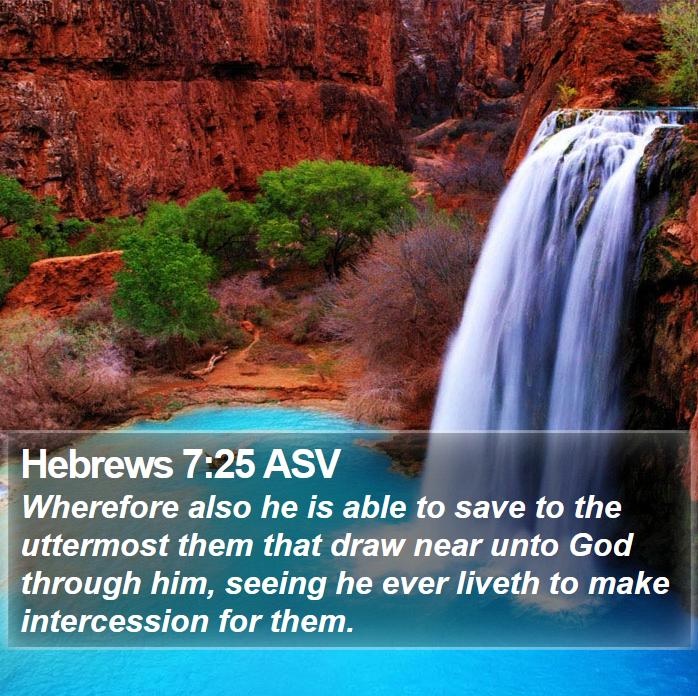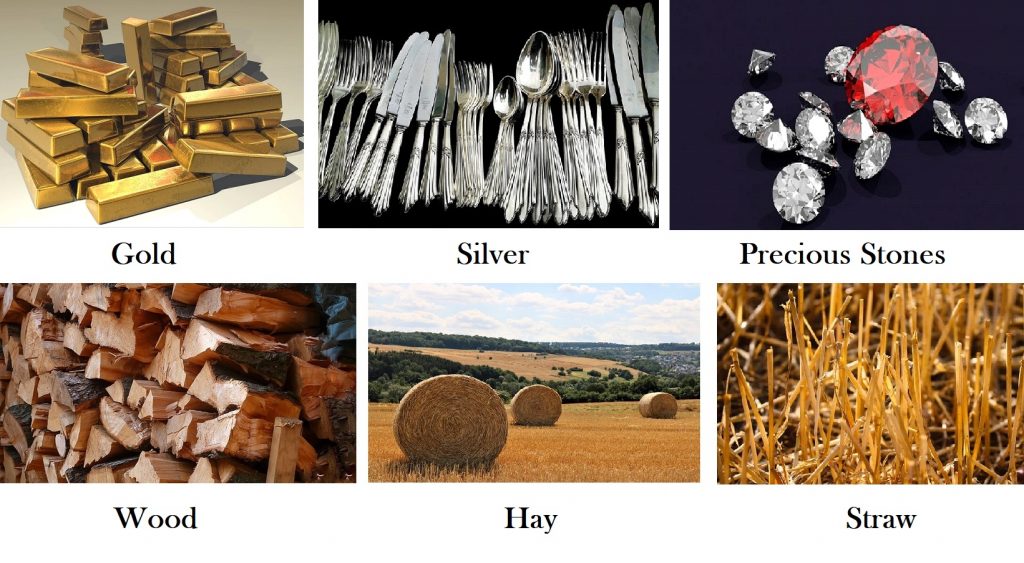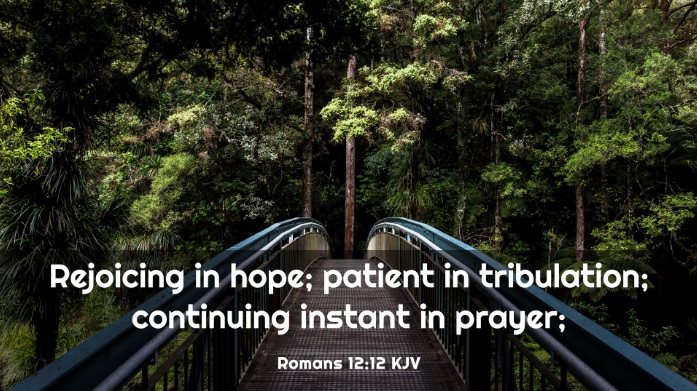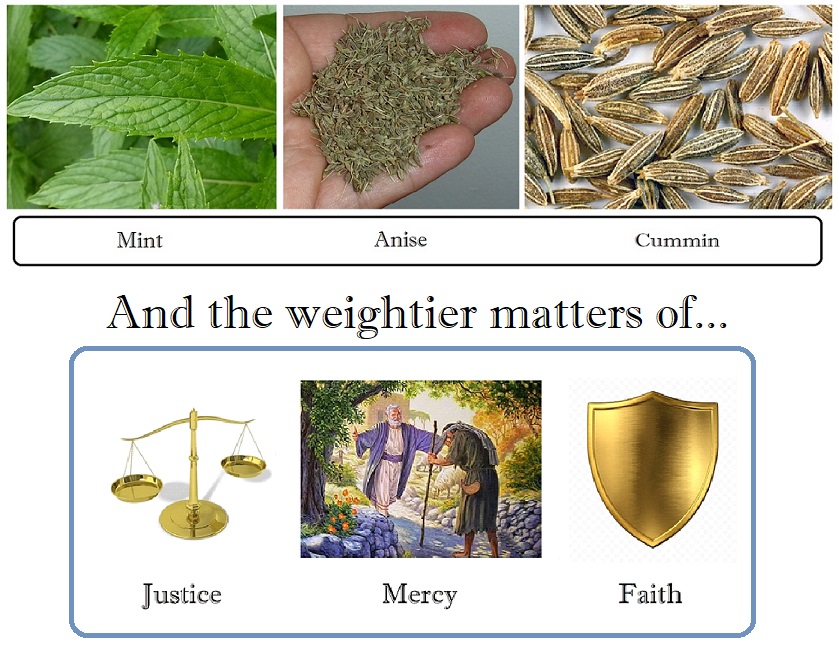“Go therefore and make disciples of all the nations…teaching them to observe all that I commanded you; and lo, I am with you always, even to the end of the age” (Matthew 28:19-20, NASB).
——————–
Contents:
1) “The Winds and the Waves Obey Him” (Luke 8:22-25) (Wayne Walker)
——————–

-1-
“The Winds and the Waves Obey Him”
Luke 8:22-25
Wayne Walker
During His short earthly ministry, Jesus performed many miracles. He healed the sick, cast out demons, and even raised the dead. However, next to raising the dead, one of the most spectacular of these miracles has to be His stilling of the tempest in Luke 8:22-25. I have never been through a hurricane or even a tornado, although I have experienced some fairly severe thunderstorms. But can you imagine during just such a storm what would happen if you and I stepped out, raised our arms to heaven, and said, “Peace, be still!”? Very likely, nothing would happen. But Jesus did exactly that, and the raging immediately stopped. The purpose of Jesus’ miracles was to produce faith in Him by confirming His message as being from God. Sometimes they were done for the benefit of the multitudes, but other times primarily for the apostles, as it obviously must have been in this case. Notice their reaction: “Who can this be? For He commands even the wind and the water, and they obey Him?” (verse 25). Yet, the Bible also says that these miracles were recorded so that we might believe that Jesus is the Christ, the Son of God. At the same time, there are some other applications that we might make of this account to our lives.
The Storm
We see the storm arise in verse 23. Such wind storms are very common on the Sea of Galilee. Their suddenness and fierceness were very troublesome to those who worked and traveled on the sea. This reminds us that, “Man who is born of woman is of few days and full of trouble” (Job 14:1). Just as the disciples found themselves in the midst of a terrible storm, so we often face stormy trials and tribulations in life.
Some of these storms are just the natural result of living on this sin-cursed earth. We may experience problems of physical health, as Paul did in 2 Corinthians 12:7-10. We will likely have to deal with the sorrow caused by the deaths of loved ones, as did Mary and Martha when their brother Lazarus died in John 11:17-35. And we may even suffer financial difficulties, as Lazarus in the story that Jesus told in Luke 16:19-21.
Some of our storms that we face in life are the direct result of our faith as opposed by evil people, as did the apostles in Acts 5:40-42. “Yes, and all who desire to live godly in Christ Jesus will suffer persecution” (2 Timothy 3.12). At the same time, some of our storms may be the result of our own bad choices, mistakes, and sins. In 2 Samuel 12:9-14, David was told that he would suffer greatly as a result of his committing adultery with Bathsheba and having her husband killed. David repented of his sin and was forgiven, but he still had to come through many storms as a consequence of his behavior. Whatever their cause, we can allow our storms either to make us bitter or make us better.
Anxiety
We see anxiety in verse 24. The storm created a situation where the apostles were in danger of drowning, and this produced anxiety in their minds. “Master, Master, we are perishing!” In like manner, the various storms that we face in life have the potential of causing anxiety or worry in our minds as well. Jesus warned about those who would allow the word to be choked by the cares of this life (Luke 8:14). How can we learn to cope with such anxieties as they arise? To begin, we must learn to trust in God no matter what (Matthew 6:25-34). Even when it may seem that we lack even food and clothing, we must remember that God cares for us and will provide. This is not always an easy thing to do, but putting our lives completely in the hands of almighty God will help to cut down on worry.
Next, we can learn from the example of Mary and Martha (Luke 10:38-42). While Martha’s worry may have been due to a different situation much different from the apostles’ on the sea, still it was very real to her. This account reminds us that one thing we need to do in dealing with our anxieties is to put the most important things first in our lives. One other thing that we can do about anxiety is to pray. “Be anxious in nothing, but in everything by prayer and supplication, with thanksgiving, let your requests be made known to God” (Philippians 4:6).
“Oh, what peace we often forfeit, Oh, what needless pain we bear, All because we do not carry Everything to God in prayer.” The reason why prayer is such an effective antidote to anxiety is that “…The effective, fervent prayer of a righteous man avails much” (James 5:16).
Peace
We see peace in verse 25. The apostles were facing a storm on the sea which created great anxiety in their hearts. However, when they came to Jesus they found peace. In fact, Jesus came to bring peace to mankind. “Peace I leave with you, My peace I give you; not as the world gives do I give to you. Let not your heart be troubled, neither let it be afraid” (John 14:27). Yet, before we can have peace in our own lives, we need to make sure that we are at peace with God. Sin separates us from God (Isaiah 59:1-2). When there is sin in our lives, we can never really be at peace; therefore, we need to obtain remission of sins (Matthew 26:28, Acts 2:38). Then, having been justified by faith, we can have peace with God (Romans 5:1). Then, we need to seek peace with others too. When I know that there is a problem between some other person and myself, it is hard for me to be at peace, so I should do whatever I can to correct it (Matthew 5:23-26, 18:15-17). Of course, we cannot control how others will respond to our efforts, but Paul tells us, “If it is possible, as much as depends on you, live peaceably with all men” (Romans 12:17). And especially among our brethren we should “pursue the things which make for peace” (Romans 14:19). Then, when we know that we are right with God and have done everything in our power to make things right with others, we can be assured that “the peace of God, which surpasses all understanding, will guard your hearts and minds through Christ Jesus” (Philippians 4:7). Such peace is not the absence of conflict, because we shall have that as long as we are in this world. Rather, it is an attitude of equanimity that will sustain us even during the conflicts that we face.
Conclusion
Sometime before 1874, Mary Ann Baker had lost both her parents to a terrible disease. Then her beloved brother became ill with the same disease and left their home in Chicago, IL, to seek healing in a warmer climate. Yet, he grew worse; and Mary Ann, who became ill and bedfast herself, could not go to him nor do anything to help him. So when she received word that he had died, she turned away from God in anger.
However, after a while, her heart softened and her childhood faith returned to transform her from a rebellious woman to a more loving one. It was then that she wrote the following words, based on this story of Jesus but reflecting her own experience:
“Master, the tempest is raging!
The billows are tossing high!
The sky is o’ershadowed with blackness,
No shelter or help is nigh;
Carest Thou not that we perish?
How canst Thou lie asleep,
When each moment so madly is threatening
A grave in the angry deep?”
The answer that she learned and shared with others in this wonderful song is:
“The winds and the waves shall obey Thy will,
Peace, be still!
Whether the wrath of the storm-tossed sea,
Or demons or men, or whatever it be,
No water can swallow the ship where lies
The Master of ocean, and earth, and skies;
They all shall sweetly obey Thy will,
Peace, peace be still.”
We shall all have to deal with such storms in our lives. We can either face them with God’s help to overcome or without it to be overcome. To have the peace of God that will keep our hearts and minds through these storms, we need to obey the gospel that we might be saved from our sins and then strive to be faithful to the Lord all the days of our lives.
— via Expository Files 10.2, February, 2003
——————–
“The steadfast of mind You will keep in perfect peace,
Because he trusts in You” (Isaiah 26:3, NASB).
——————–
The Steps That Lead to Eternal Salvation
1) Hear the gospel — for that is how faith comes (Rom. 10:17; John 20:30-31).
2) Believe in the deity of Jesus Christ, the Son of God (John 8:24; John 3:18).
3) Repent of sins. For every accountable person has sinned (Romans 3:23; Romans 3:10), which causes one to be spiritually dead (Ephesians 2:1) and separated from God (Isaiah 59:1-2; Romans 6:23). Therefore, repentance of sin is necessary (Luke 13:5; Acts 17:30). For whether the sin seems great or small, there will still be the same penalty for either (Matt. 12:36-37; 2 Cor. 5:10) — and even for a lie (Rev. 21:8).
4) Confess faith in Christ (Rom. 10:9-10; Acts 8:36-38).
5) Be baptized in water for the remission of sins (Mark 16:16; Acts 2:38; 22:16; 1 Pet. 3:21). This is the final step that puts one into Christ (Gal. 3:26-27). For from that baptism, one is then raised as a new creature (2 Cor. 5:17), having all sins forgiven and beginning a new life as a Christian (Rom. 6:3-4). For the one being baptized does so “through faith in the working of God” (Col. 2:12). In other words, believing that God will keep His word and forgive after one submits to these necessary steps. And now as a Christian, we then need to…
6) Continue in the faith by living for the Lord; for, if not, salvation can be lost (Matt. 24:13; Heb. 10:36-39; Rev. 2:10; 2 Pet. 2:20-22).
——————–
Tebeau Street
CHURCH OF CHRIST
1402 Tebeau Street, Waycross, GA 31501
Sunday: 9 a.m. Bible Classes and 10 a.m. Worship Service. We also have a Congregational Song Service at 5 p.m. for every first Sunday of the month.
Wednesday: 7 p.m. for Bible Classes
evangelist/editor: Tom Edwards (912) 281-9917
Tom@ThomasTEdwards.com
https://thomastedwards.com/go/all.htm (This is a link to the older version of the Gospel Observer website, but with bulletins going back to March 4, 1990.)
















